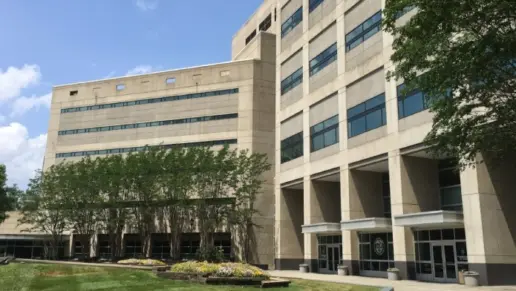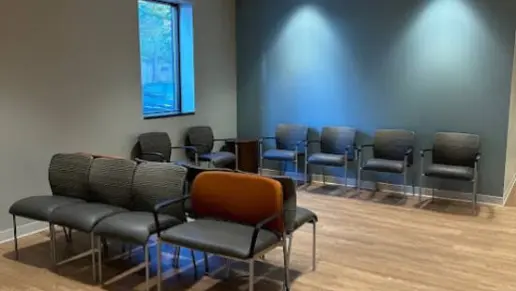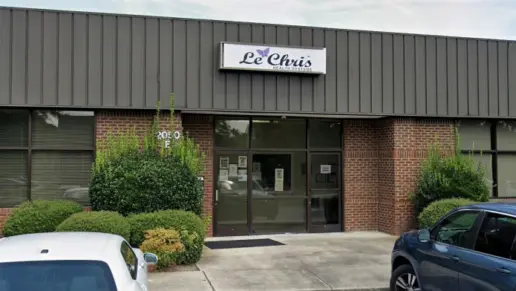About Bicycle Health – North Carolina
Bicycle Health is an online outpatient opioid use disorder treatment and recovery program in Durham, North Carolina. They specialize in medication assisted treatment (MAT) which is widely recognized as the most effective evidence-based approach for opioid addiction treatment.
This technique is also effective in addressing addiction to alcohol, stimulants and benzodiazepines. It combines FDA approved medicine with counseling and therapeutic interventions to support recovery. Bicycle Health prescribes Suboxone primarily for this treatment, and as such they’re also called a Suboxone clinic. Suboxone minimizes withdrawal symptoms and curbs cravings. This makes you more responsive to counseling and behavioral therapy. Therapeutic intervention helps you address the negative emotions or behavioral patterns driving your opioid use. It enables you to build strong coping skills against the triggers and fosters relapse prevention and sober living.
Bicycle Health boasts some of the best online Suboxone specialists who are committed to compassionate evidence based therapeutic care. In addition, you’ll have access to online support groups that provide peer encouragement and guidance and help boost your chances of lasting sobriety. The facility offers 100% virtual appointments, and you can mostly have your medication refilled on the same day.
The best thing about their program is its flexibility in both schedule and treatment plan. You can meet your Suboxone doctor in the comfort of your home via their secured app. After a thorough evaluation, they’ll create a care plan to help you stop opioid use. Being able to see a provider almost right away regardless of your location makes for convenience and enhances your Suboxone treatment experience. It also increases accessibility to affordable, quality and individualized treatment. Comments from past clients reflect an overwhelmingly positive experience.
Rehab Score
Gallery
Other Forms of Payment
Private insurance refers to any kind of healthcare coverage that isn't from the state or federal government. This includes individual and family plans offered by an employer or purchased from the Insurance Marketplace. Every plan will have different requirements and out of pocket costs so be sure to get the full details before you start treatment.
Self-pay involves paying for treatment out of your own pocket. You can use savings or credit, get a personal loan, or receive help from family and friends to fund your treatment. If you don't have insurance or your insurance plan doesn't cover a specific program, self-pay can help ensure you still get the care you need.
Medicare is a federal program that provides health insurance for those 65 and older. It also serves people under 65 with chronic and disabling health challenges. To use Medicare for addiction treatment you need to find a program that accepts Medicare and is in network with your plan. Out of pocket costs and preauthorization requirements vary, so always check with your provider.
Addiction Treatments
Levels of Care
Treatments
Opioid rehabs specialize in supporting those recovering from opioid addiction. They treat those suffering from addiction to illegal opioids like heroin, as well as prescription drugs like oxycodone. These centers typically combine both physical as well as mental and emotional support to help stop addiction. Physical support often includes medical detox and subsequent medical support (including medication), and mental support includes in-depth therapy to address the underlying causes of addiction.
Substance rehabs focus on helping individuals recover from substance abuse, including alcohol and drug addiction (both illegal and prescription drugs). They often include the opportunity to engage in both individual as well as group therapy.
Programs

Clinical Services
In individual therapy, a patient meets one-on-one with a trained psychologist or counselor. Therapy is a pivotal part of effective substance abuse treatment, as it often covers root causes of addiction, including challenges faced by the patient in their social, family, and work/school life.
Accreditations

The Substance Abuse and Mental Health Services Administration (SAMHSA) is a branch of the U.S. Department of Health and Human Services. Established in 1992 by congress, SAMHSA's mission is to reduce the impact of substance abuse and mental illness on American's communities.
SAMHSA Listed: Yes

LegitScript has reviewed Bicycle Health – North Carolina as part of their certification program, and has determined that it meets the LegitScript standards for legality, safety and transparency.
LegitScript verified in
Contact Information
500 South Salisbury Street
Raleigh, NC 27601


